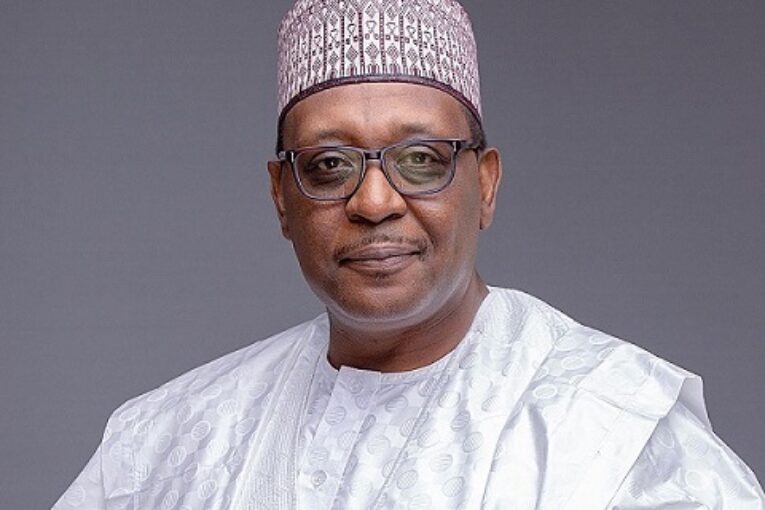
The federal government is set to launch a training program for teachers in Unity schools, starting in the northeast geopolitical zones, as part of its intensified efforts to combat drug abuse among the youth, it emerged on Tuesday.
This is as the government and its development partners, including the World Health Organization (WHO) and the National Drug Law Enforcement Agency (NDLEA), among others seek investments in preventing the abuse of drugs to combat the scourge.
In addition to this initiative, a ministerial conference on drug abuse will be held to bring together all stakeholders to develop policies, guidelines, and strategies for the prevention and control of drug use.
This was disclosed by the Coordinating Minister of Health and Social Welfare, Prof. Ali Pate, on Tuesday in Abuja during a press briefing to commemorate this year’s International Day Against Drug Abuse and Illicit Trafficking, also known as World Drug Day, themed “The Evidence is Clear: Invest in Prevention.”
The minister, who was represented by the Permanent Secretary of the Federal Ministry of Health and Social Welfare, Daju Kachollom, noted that prevention programmes play a critical role in reducing drug demand and mitigating their social and health impacts, especially given the growing prevalence among youths.
He noted that the government continues to work towards universal health coverage (UHC) under the National Health Insurance Scheme (NHIS), re-strategizing and reorganizing to meet the growing needs, adding that mental health policies are being developed to guide psychiatric care and drug use treatment.
According to him, by supporting community-based initiatives, promoting education and awareness, and strengthening law enforcement efforts, Nigeria can create a safer and healthier future for all.
He said: “A collaborative effort from the government, parents, schools, and the broader community is essential. By investing in prevention and working together, Nigeria can create a healthier, drug-free future.”
He also disclosed that the Ministry, in collaboration with its partners is working towards the production of an in-country report on the status of drug use and abuse in the country that would aid government planning and implementation, pending the release of the global survey, the latest being that of 2018.
On her part, the Permanent Secretary, Kachollom, emphasized the comprehensive efforts being made at various levels of the healthcare system by the federal government.
According to her, Nigeria boasts federal tertiary hospitals, teaching hospitals, medical centers, and specialty hospitals, including neuropsychiatric hospitals, all mandated to treat drug users.
In addition to these, she noted that 11 treatment centers across the country, including one specifically for children and women, provide vital rehabilitation services.
Despite these efforts, Kachollom emphasized the importance of extending the fight against drug abuse beyond government initiatives.
Noting that parents, religious leaders, and the entire community have roles to play in moulding the child, she asked, “What are parents doing?”
“The essential role families play in this battle is unquantifiable. Parents must educate their children about the dangers of drug use, guiding them to make healthier choices.
“Schools and religious institutions also have a significant role. By educating young people, explaining the consequences of drug use, and advising them on making informed choices, these institutions can help shape a drug-free future.
-Thenation




